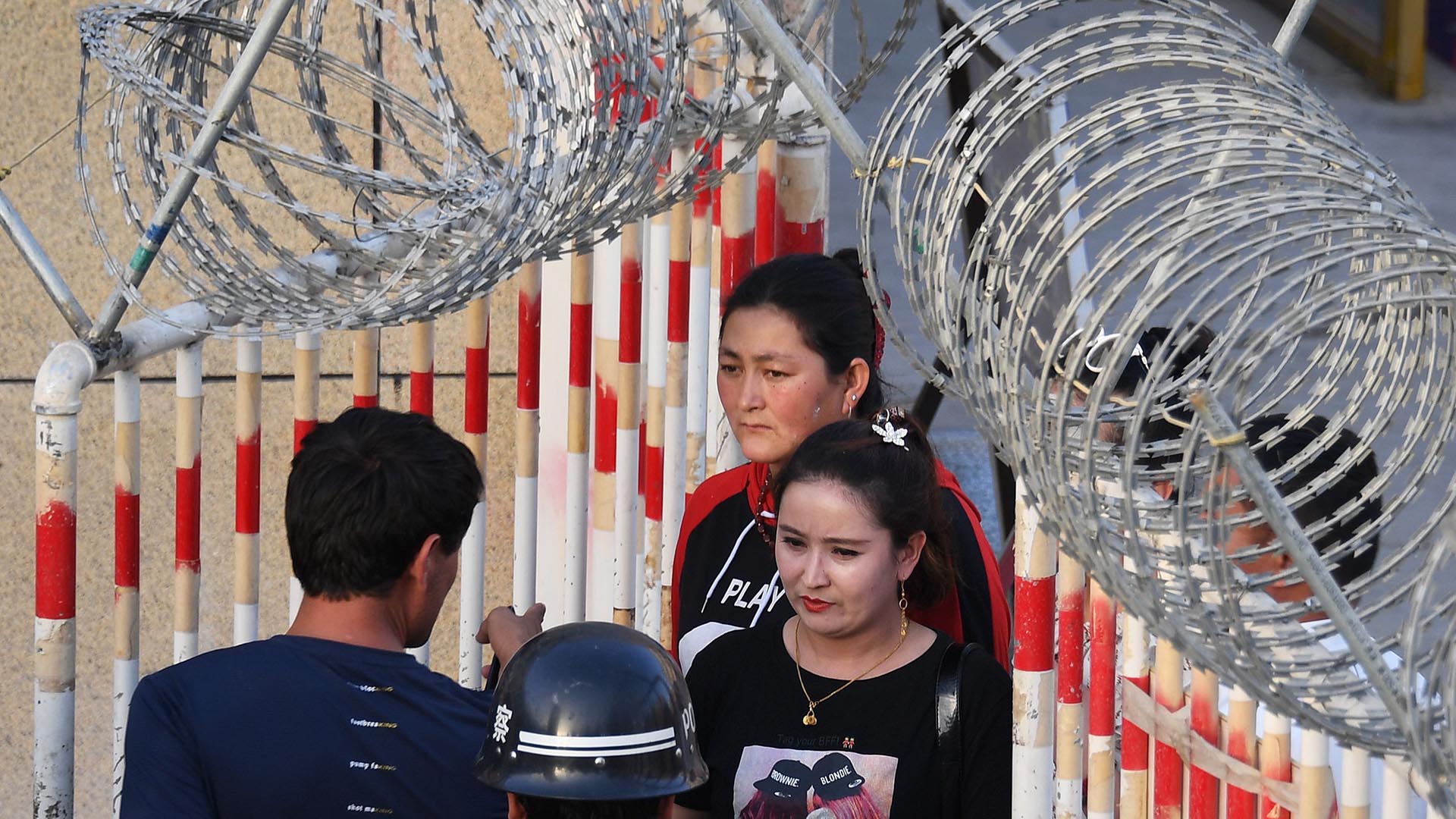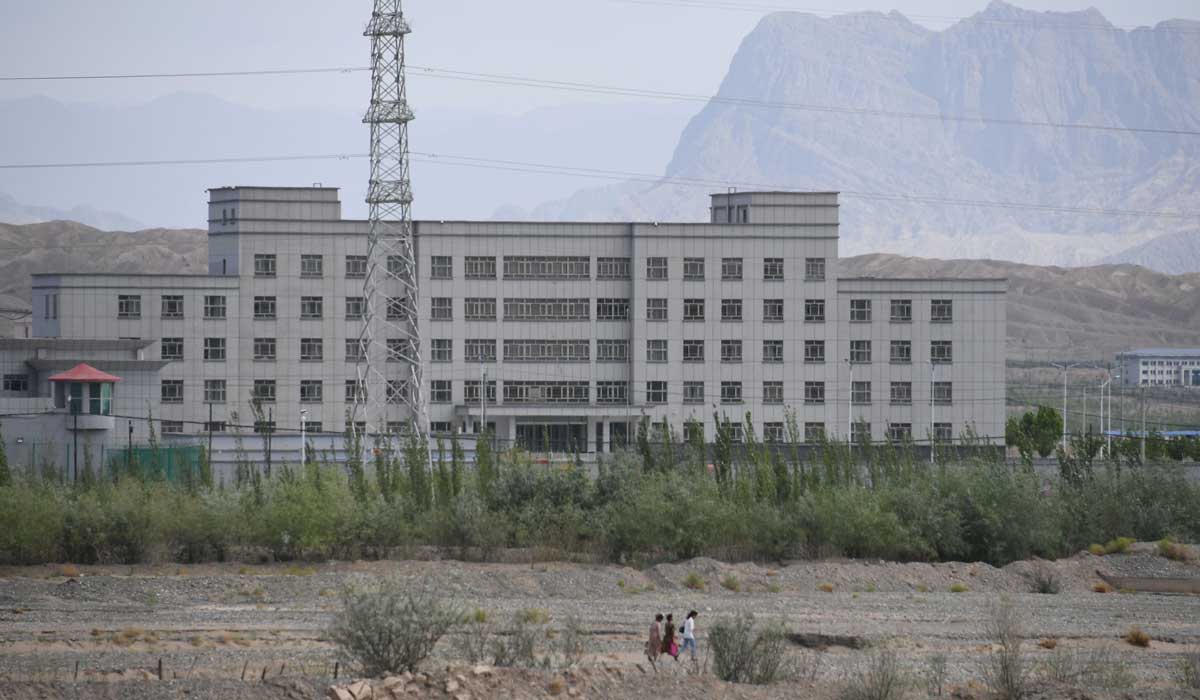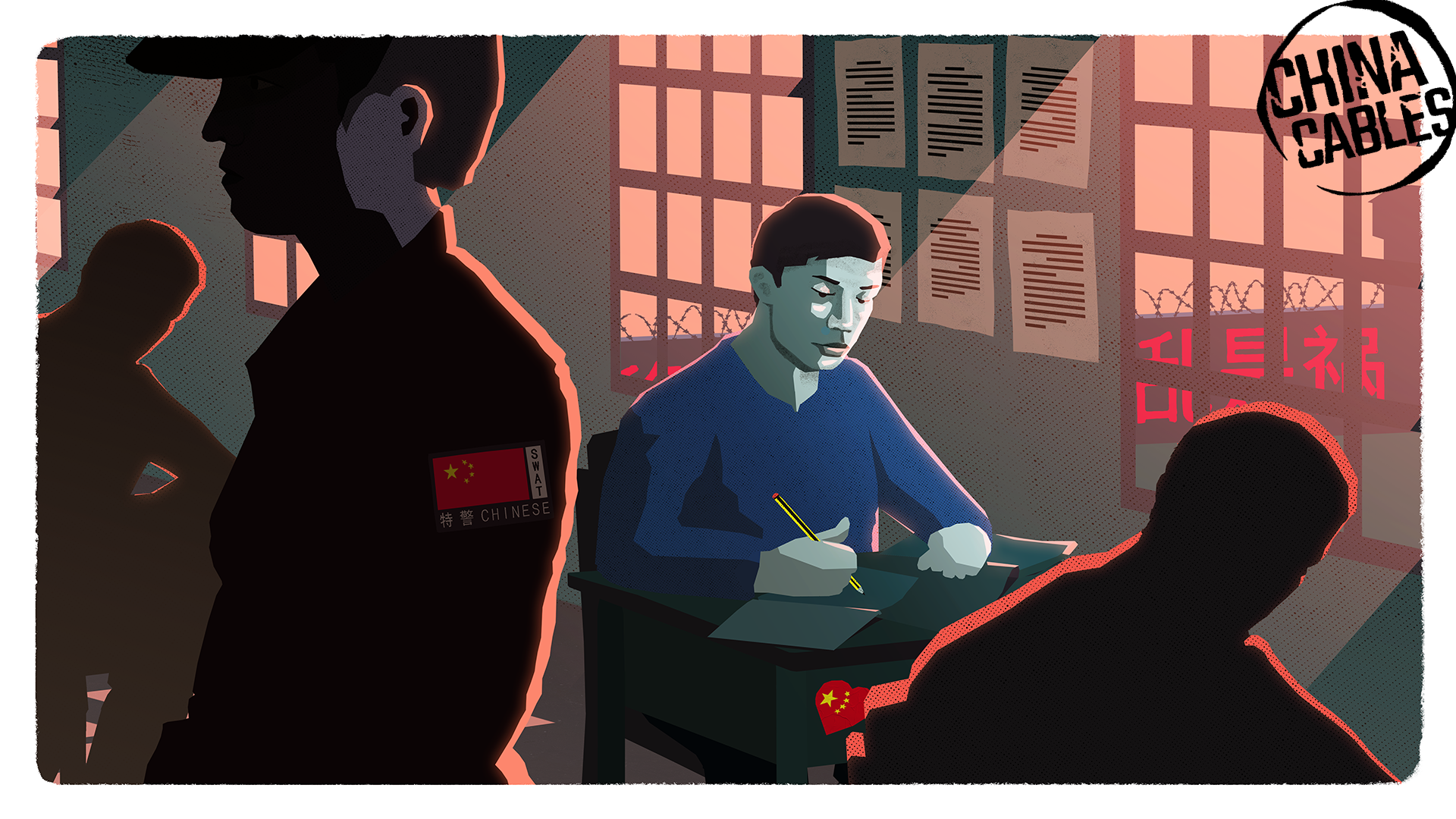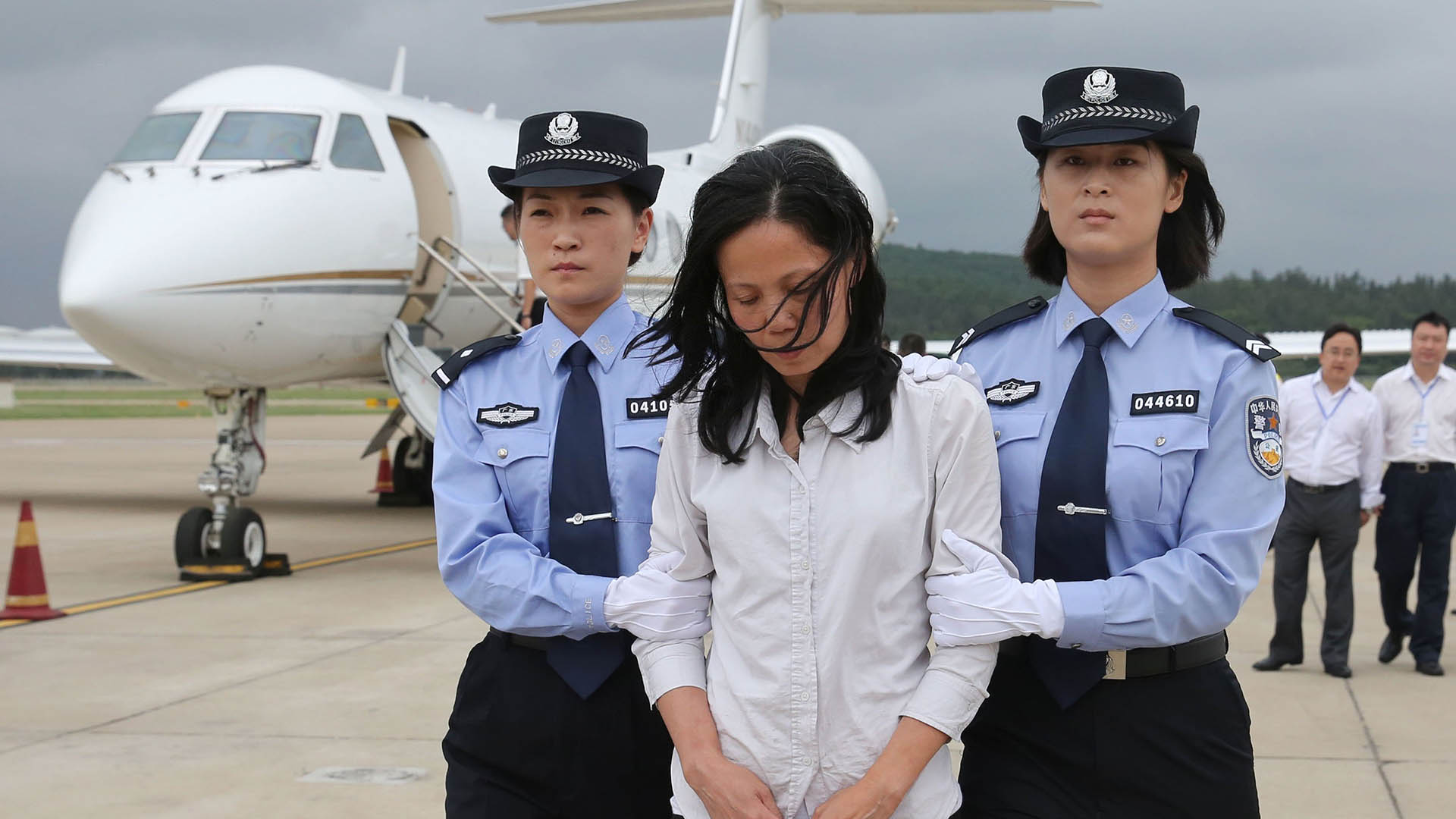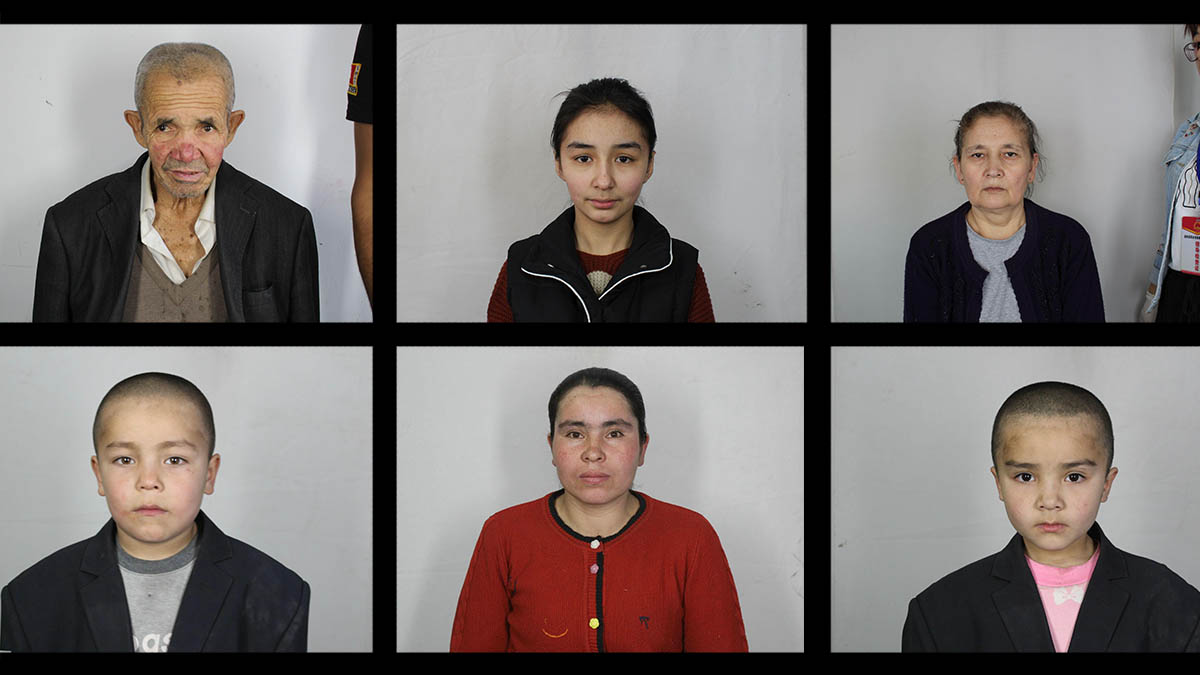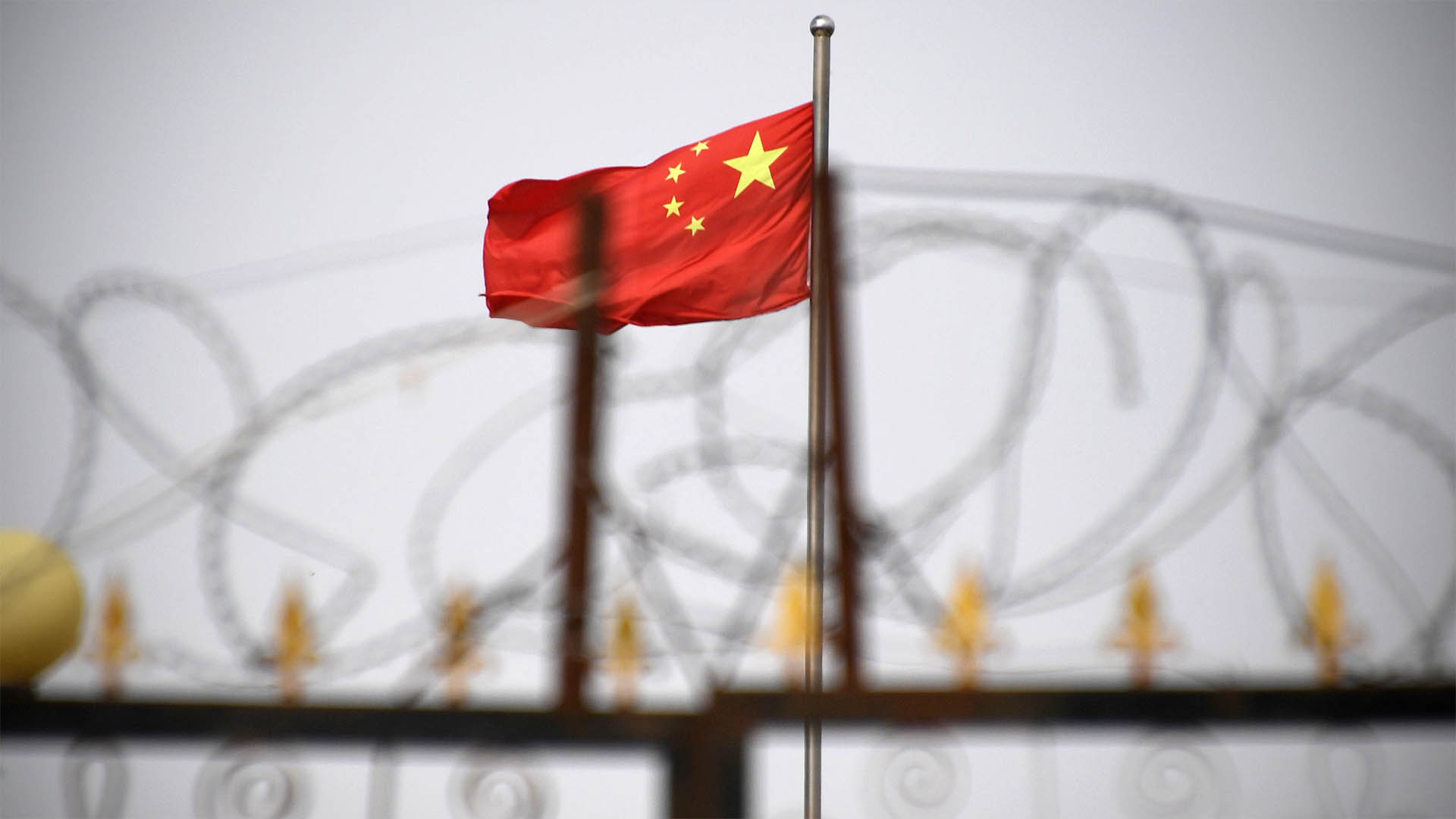A newly leaked document from Xinjiang listing personal details of hundreds of individuals detained in the region’s Qaraqash county offers new insights into China’s campaign of repression against Uighurs and other ethnic minorities.
The document, known as the “Qaraqash Document” or “Qaraqash List,” shows that detainees were swept into China’s coercive re-education system for offenses related to common religious practices such as growing a beard or wearing a veil, as well as applying for a passport and not leaving the country, or having too many children in violation of China’s One Child policy.
The leak comes in the wake of the International Consortium of Investigative Journalists’ China Cables investigation, which revealed in November 2019 the secret operations manual for the internment camps in Xinjiang.
The China Cables showed that the camps hold detainees in prison-like conditions and force them to undergo ideological indoctrination, contrary to the Chinese government’s insistence that they are humane vocational training centers. It also uncovered the mechanics of China’s massive surveillance and data collection system in Xinjiang, which uses artificial intelligence to select entire categories of the population for detention.
The Qaraqash leak builds on these findings by showing the reasons provided for detention for more than 300 individuals, as well as official determinations on whether these individuals would ultimately be released from the camps.
The documents were reported on by several ICIJ partners who had participated in the China Cables investigation, including the BBC, The Guardian, and the Australian Broadcasting Corporation.
At an event held in Washington, D.C., by the Uyghur Human Rights Project, the organization that released the Qaraqash documents, scholar and Xinjiang expert Adrian Zenz said the document revealed several new facets of China’s campaign against the Uighurs.
Zenz said the documents showed the extensive, detailed information that China collects on each detainee, relying heavily on village-based work teams in Xinjiang to compile dossiers on each individual. He said the documents provided some evidence to support China’s claim that many detainees were allowed to leave the camps, but emphasized that they were being “released into unfreedom” such as forced labor and ongoing social monitoring.
“Everybody in Xinjiang is on probation,” Zenz said.
